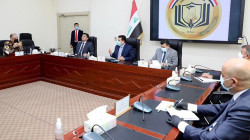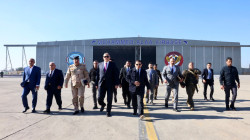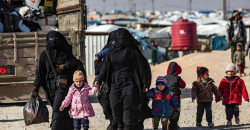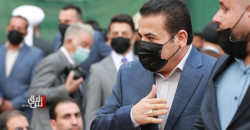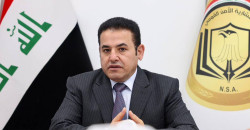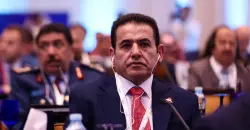Al-Araji stresses combating hate speech in Iraq
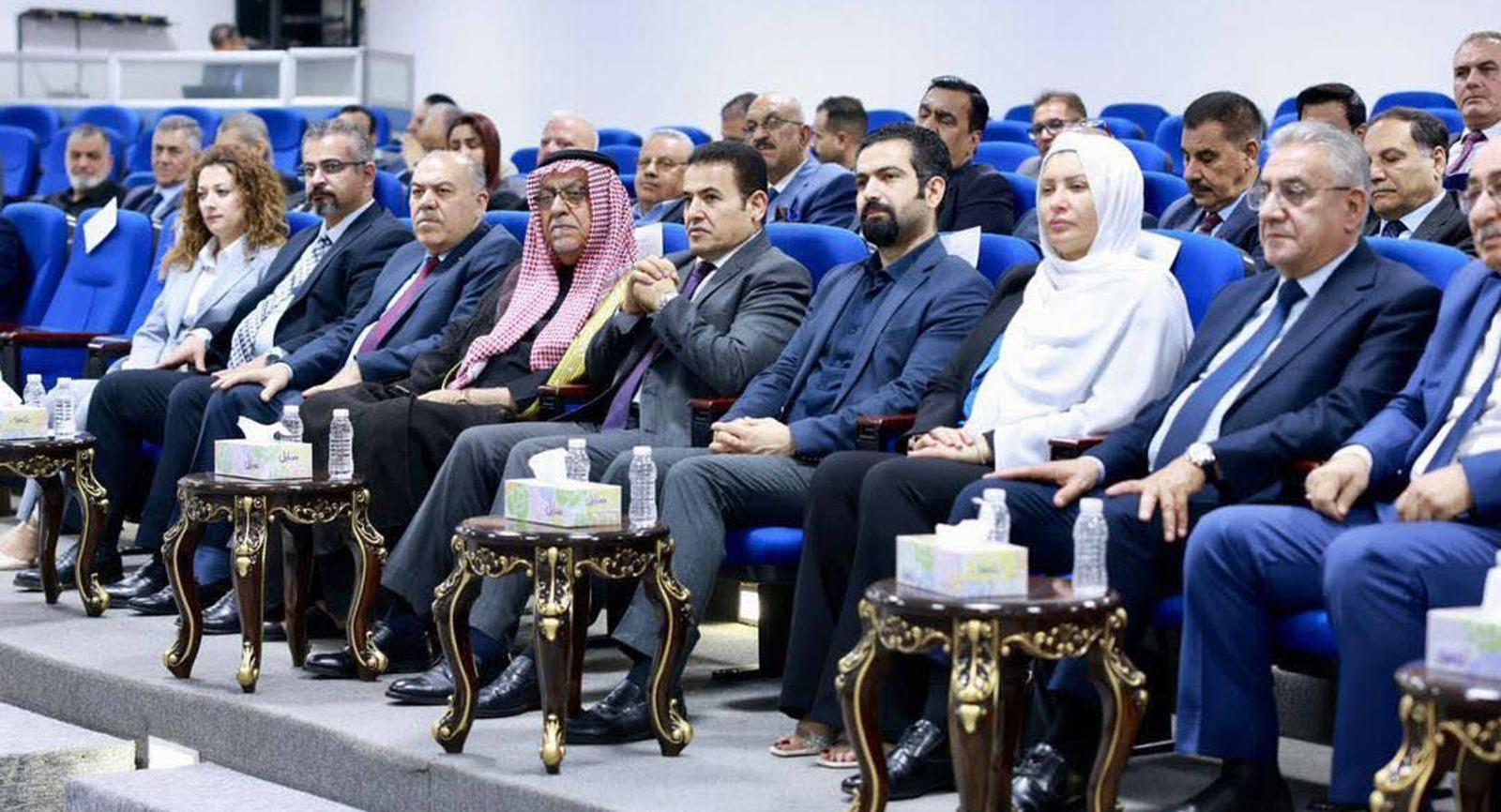
Shafaq News / Qasim Al-Araji, the Iraqi National Security Advisor, emphasized the imperative of countering hate speech and fostering social cohesion through educational, religious, and civil society institutions.
The Media Office of the National Security Advisor released a statement indicating that Al-Araji convened an extensive meeting to discuss the fundamentals of a strategic approach to combating hate speech. The meeting was attended by representatives from various Iraqi components, academics, university professors, influential community figures including researchers and tribal leaders, as well as advisors from the Prime Minister's office.
During the meeting, Al-Araji affirmed that "hate speech is among the challenges faced by societies, and tolerance and acceptance of others are the true foundations for building and enhancing societal unity." He noted that "the family is the primary concern for reforming individuals, as family harmony translates to societal harmony."
Al-Araji underscored the "urgent need to bolster societal cohesion and coexistence through schools, universities, places of worship, civil society organizations, religious institutions, and dialogue centers, as they aid in disseminating a culture of tolerance, acceptance of others, and combating any speech that propagates hatred."
He also highlighted that "any form of disrespect towards others constitutes hatred, and it is essential for us to understand the underlying causes that lead to its propagation."
Al-Araji emphasized, "Religious institutions bear the responsibility of addressing any societal issues since they possess the power to influence hearts and sentiments of the people. Similarly, when security agencies perceive that they have the backing of religious establishments, they will fulfill their duties effectively." He further pointed out that "tribal systems and the enforcement of laws play a significant role in promoting a discourse of tolerance."
Addressing the issue of the recent incident in Sweden involving an insult towards over two billion Muslims, Al-Araji remarked that "it was not a trivial matter, and it might be driven by a group or agenda seeking to provoke Muslims." He stressed the necessity of "not allowing insults to our sanctities, just as we respect the sanctities of others. Each sacred value held by individuals must be respected."
Religious figures participating in the meeting confirmed that an approach that unites societal segments is, in itself, a rejection of hatred. They underscored that "this meeting holds particular importance, especially in the present time." They emphasized the need to "establish guidelines for discourse platforms and prevent their deviation from their intended paths under the banner of freedom of expression."
The meeting also discussed the importance of reviewing and potentially integrating and amending Iraqi penal laws to effectively combat hate speech. Furthermore, it highlighted the importance of awareness, education, and the propagation of moderate discourse that promotes tolerance and acceptance of others. The media and relevant institutions are urged to combat hate speech and reject extremism, while emphasizing the critical distinction between freedom of expression and hate speech, abiding by predefined criteria applicable to all.
